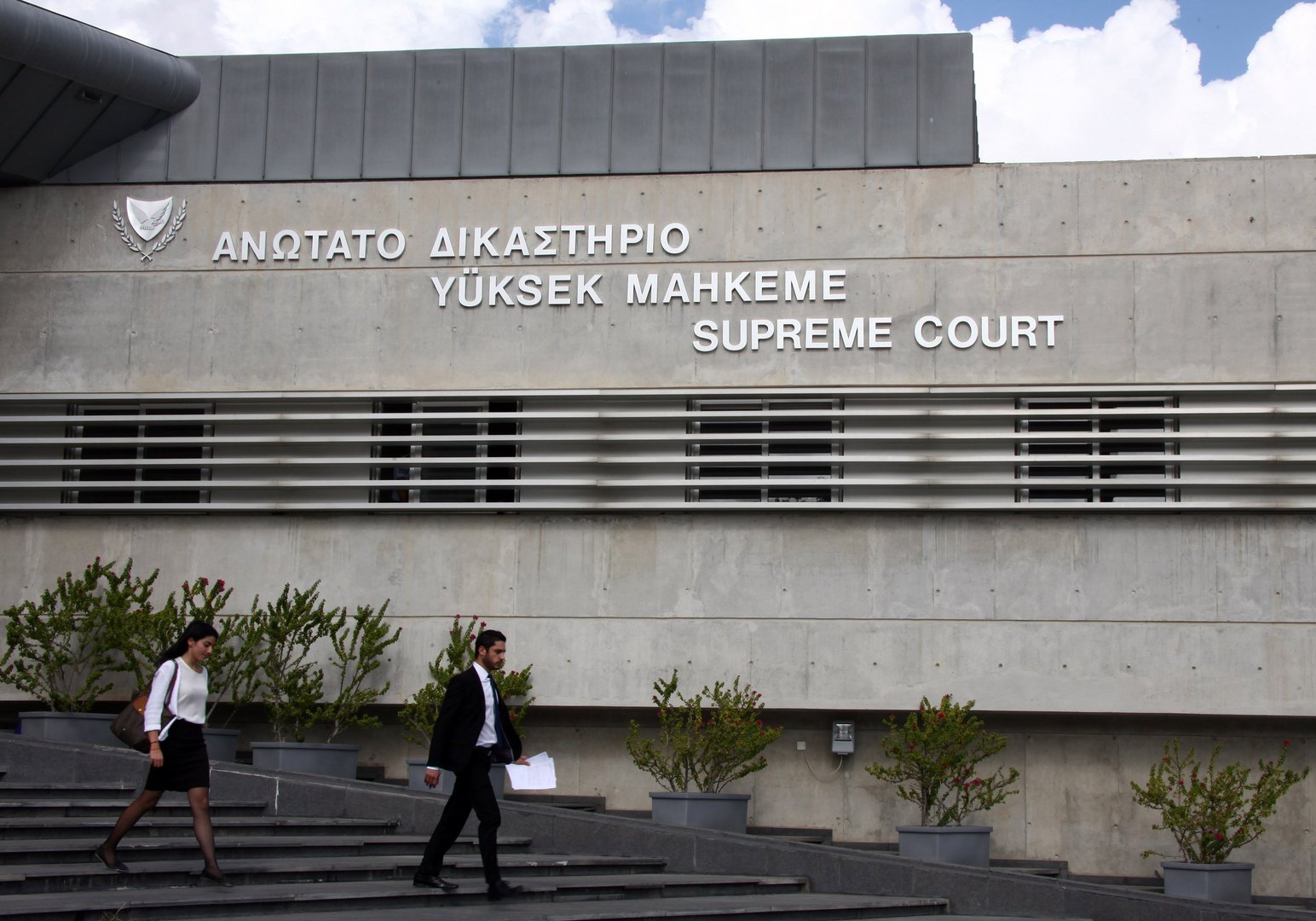The supreme court has cancelled a search warrant issued in connection with a police probe into a former MP who was caught on camera offering to help secure Cypriot citizenship for a businessman with a criminal record.
The search warrant concerned the private communications of former Akel MP and developer Christakis Giovanis and the executive director of his company, Antonis Antoniou.
The warrant was issued on November 3, 2020 and allowed police to seize a number of electronic devices, mobile phones, computers and memory sticks.
It followed publication in October of an undercover video recorded by Al Jazeera, which showed Giovanis and former House president Demetris Syllouris offer assistance to a fictitious Chinese businessman with a criminal record to secure citizenship.
Both men were forced to resign amid a public outcry. The government was also forced to terminate its controversial citizenship by investment programme.
Giovanis and Antoniou appealed the warrant, arguing that the district court did not have jurisdiction and that it had not assessed the material before it to draw its own conclusions on whether there was reasonable suspicion, but it simply accepted, and rubber stamped the position of the police.
The supreme court agreed that issuing such warrants should not be a “mechanical process” and the judge must be satisfied that based on the information before them: there is reasonable suspicion or possibility that an individual has committed, is committing, or is expected to commit an offence or the security of the Republic was in danger; there is reasonable suspicion or possibility that the particular private communication is connected or related to the offence or the danger to security; issuing the court order is to the interest of justice.
According to the supreme court, all three conditions must be satisfied and not just part thereof.
“That the three conditions must be met collectively is reinforced by the fact that in the law, article 23(1) does not include the disjunctive conjunction ‘or’ at the end of each condition,” the court said.
The district court had failed to examine two of the three conditions despite all of them being included in the sworn statement of the police officer, the supreme court said.
“The district court ignored this important duty to examine and form its own opinion on whether all three conditions were there. In this case, the court did not function according to the law, it did not examine whether the three conditions of the law were there.”







Click here to change your cookie preferences